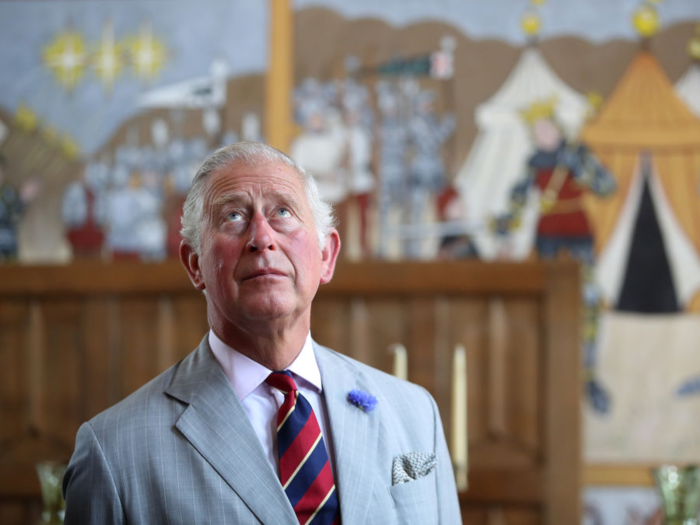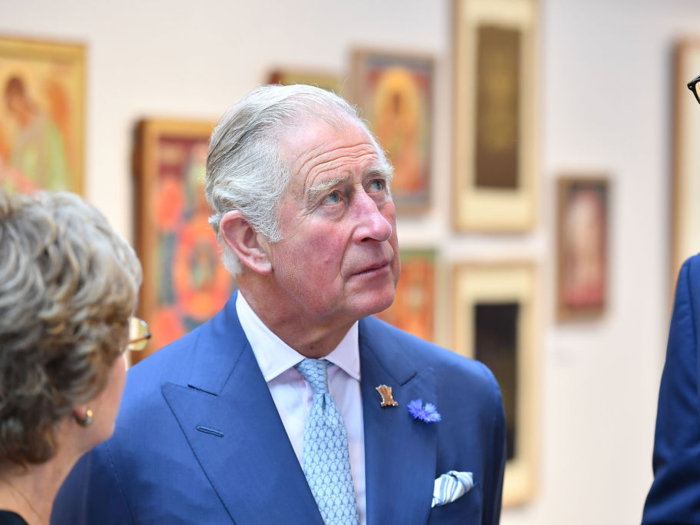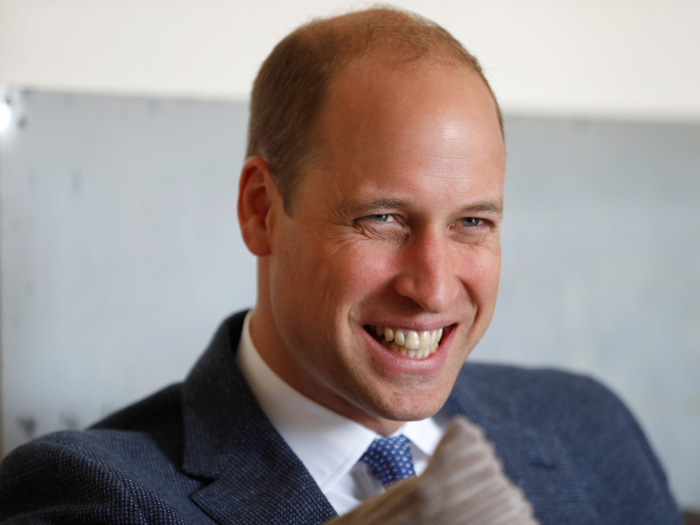- Home
- slideshows
- miscellaneous
- Prince Charles is worth up to $400 million thanks to assets like a medieval estate implicated in the Paradise Papers and an infamous prison - take a look at how he spends his fortune
Prince Charles is worth up to $400 million thanks to assets like a medieval estate implicated in the Paradise Papers and an infamous prison - take a look at how he spends his fortune
The mention of the British royal family's riches might call to mind national treasures like the Crown Jewels or the Tower of London...

... but Queen Elizabeth doesn't personally own those.
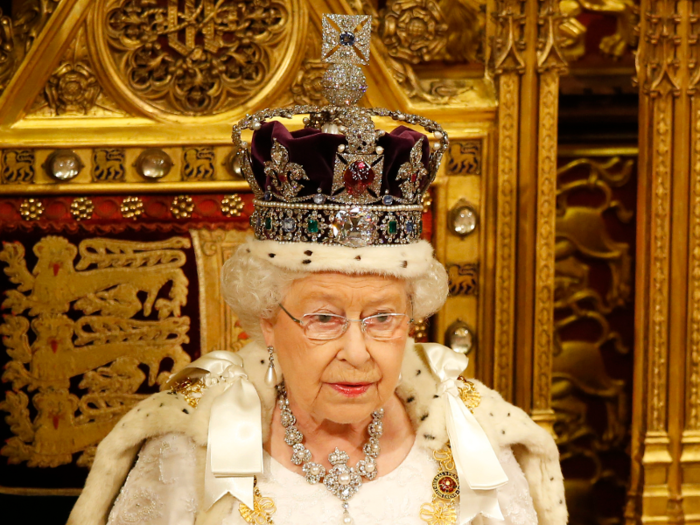
Source: Business Insider, Fortune, Postal Museum, Royal Collection
And neither will Prince Charles, once he inherits the throne. The Crown simply holds many priceless objects and historical structures in trust for Britain.
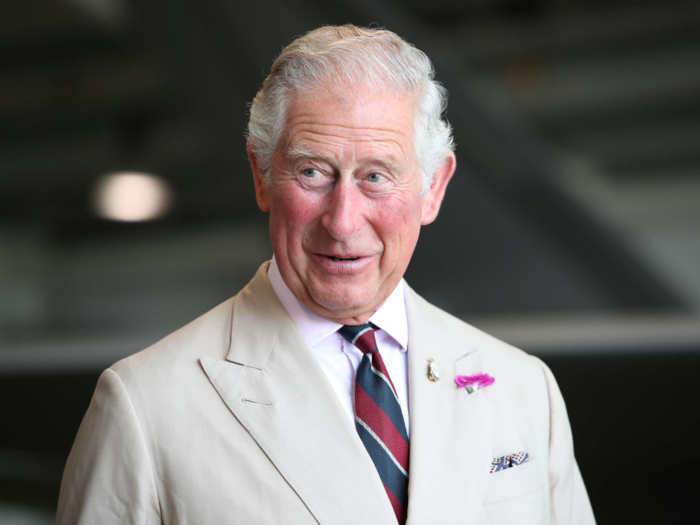
Source: Business Insider, Fortune, Postal Museum, Royal Collection
The Crown's Privy Purse — or private income — flows from the Duchy of Lancaster, a private estate that's been passed down from monarch to monarch since 1399.
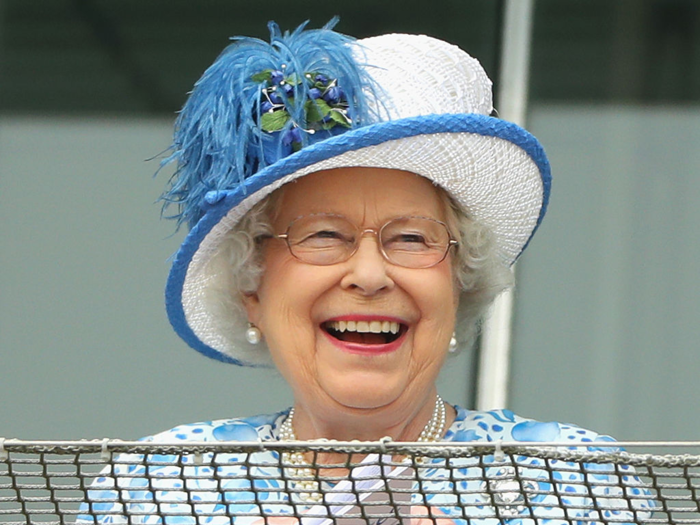
Source: Business Insider
But Queen Elizabeth's eldest son doesn't rely on his mom for a paycheck. As the Duke of Cornwall, he can take advantage of an entirely separate revenue stream.
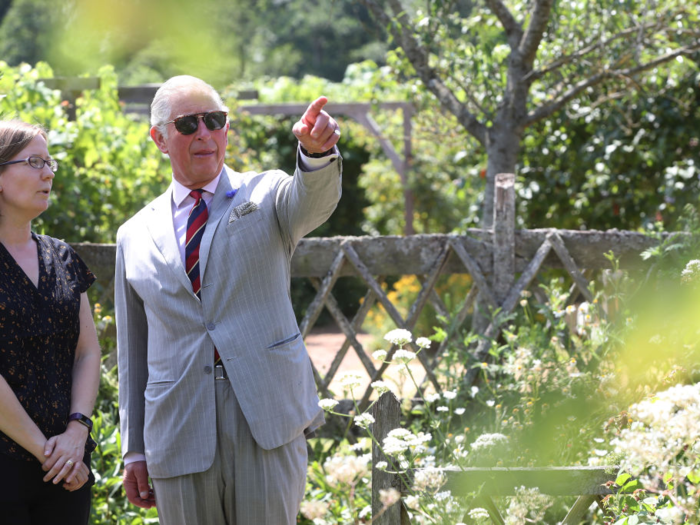
The prince receives an annual income from the Duchy of Cornwall's surplus revenues.
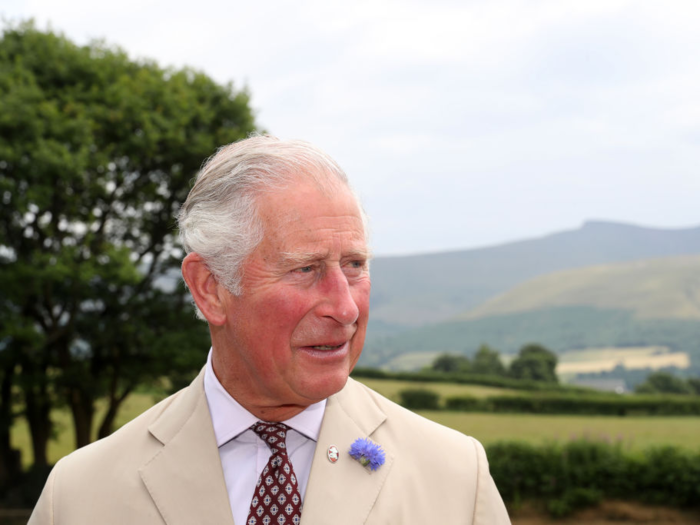
Source: The Guardian, Business Insider
The historic estate, which King Edward III launched in 1337, has traditionally been passed down to the eldest son of each reigning monarch.
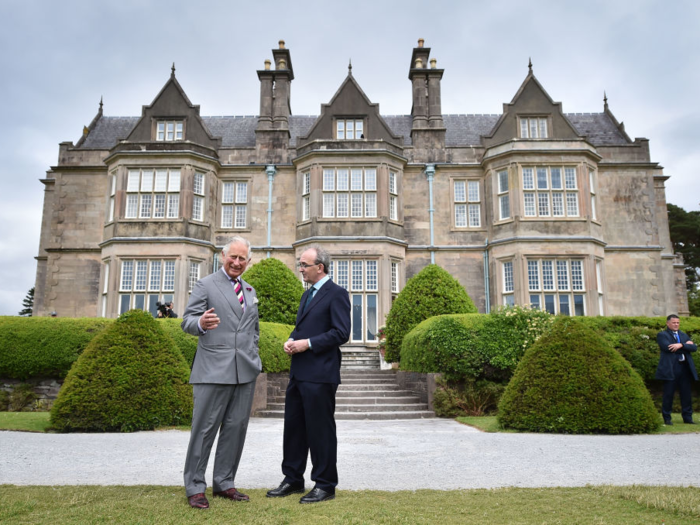
Source: Liberal Democratic Voice, Business Insider
Prince Charles became the heir to the throne when he was just three years old, but didn't receive full access to the duchy until he turned 21 in 1969. That year, the prince's income from the duchy was boosted to $528,000 a year.
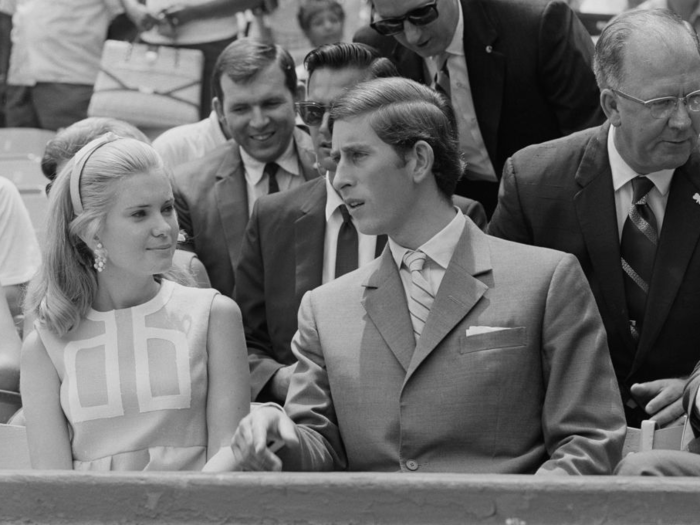
Prince Charles biographer Sally Bedell Smith wrote that the young prince opted to follow tradition and return around 20% of his income to the government as a voluntary tax, meaning that he was left with a weekly income of around $4,800.
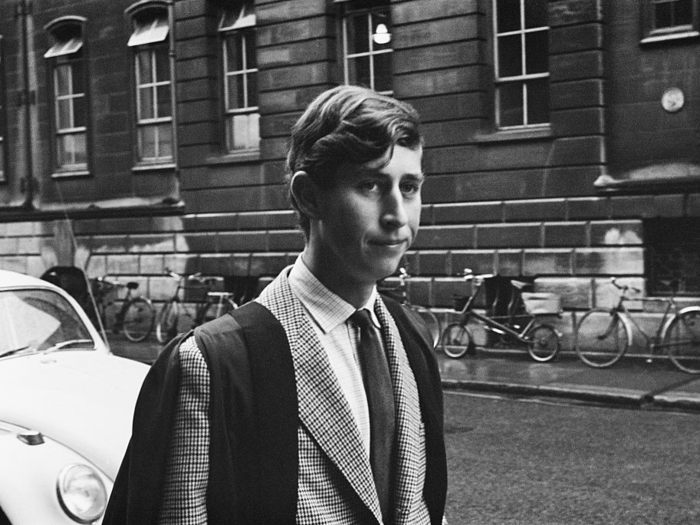
She wrote that the Duchy of Cornwall provided Prince Charles with "independence from his parents and their court that he would use to the utmost in the years ahead" and permitted him to "underwrite his royal duties and help support his charitable enterprises."
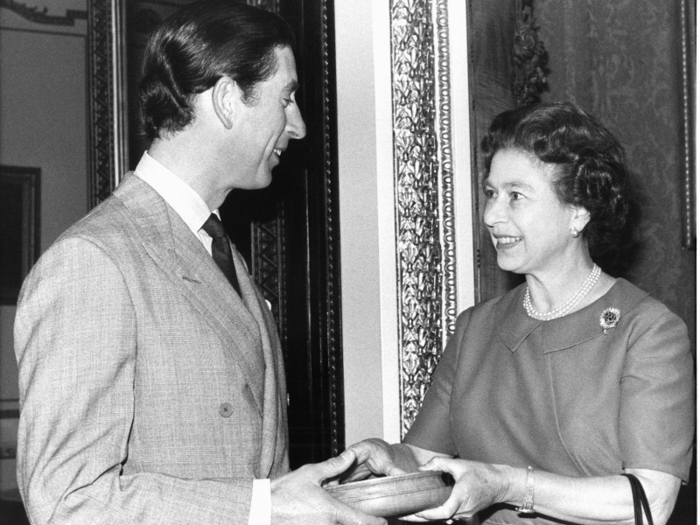
What's more, she wrote that his newfound riches enabled him to live a life of luxury "unequaled by his siblings" that ultimately "set him definitively apart from them."
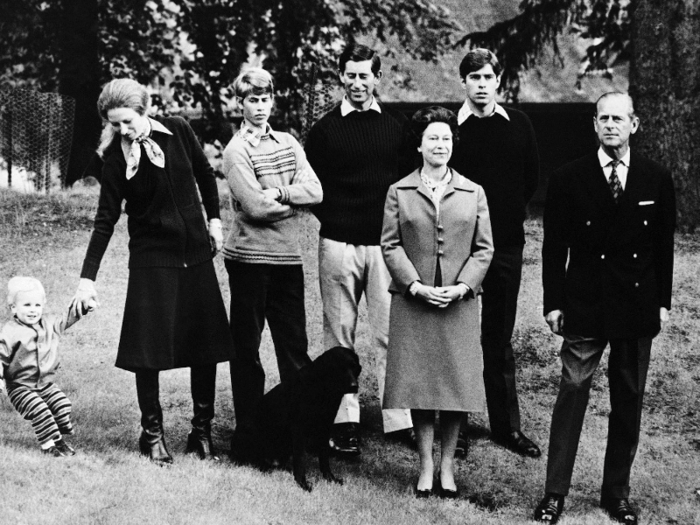
Charles has one younger sister, Anne, Princess Royal, and two younger brothers, Prince Andrew, Duke of York, and Prince Edward, Earl of Wessex. Expenses stemming from his younger sibling's official royal duties are usually covered by the queen's Duchy of Lancaster income.
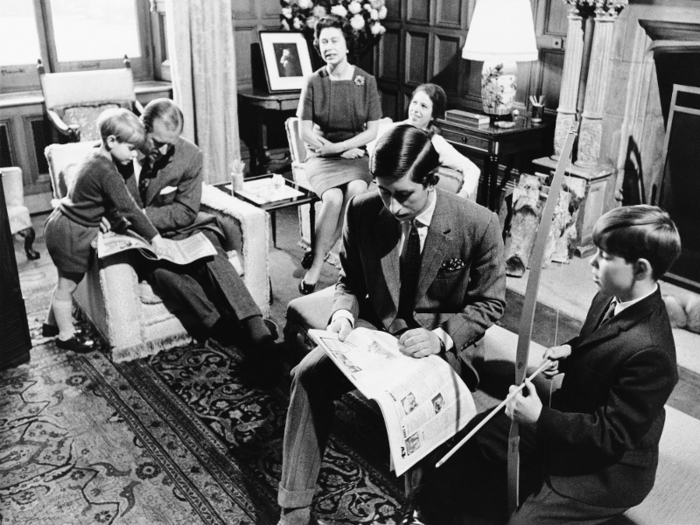
Back when Prince Charles was 21, the duchy consisted of a huge swath of valuable farmland, Helford River oyster fisheries, granite quarries, London real estate, tin mines, and even Dartmoor Prison, according to Smith.
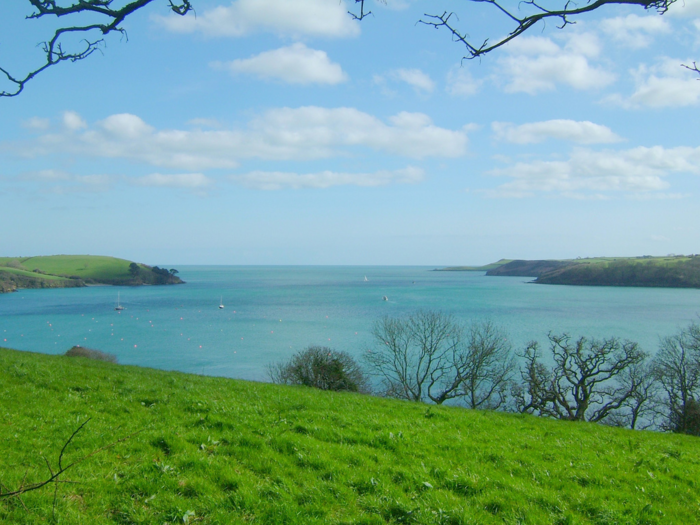
Today, the duchy owns 53,000 hectares of land across 23 counties of England and Wales, including Cornwall, Devon, Dorset, Herefordshire, Somerset, Gloucestershire, Kent, and the Isles of Scilly.
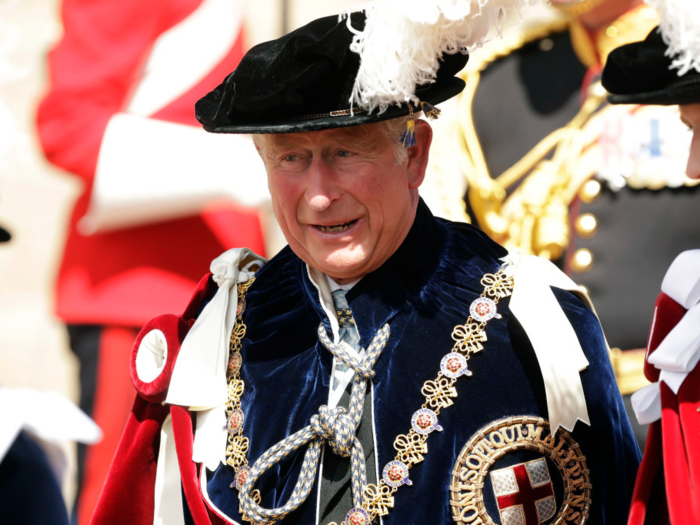
The duchy's latest report noted that its holdings included £58 million — or around $74 million — worth of development sites, and £291 million— or $374 million — worth of commercial property.
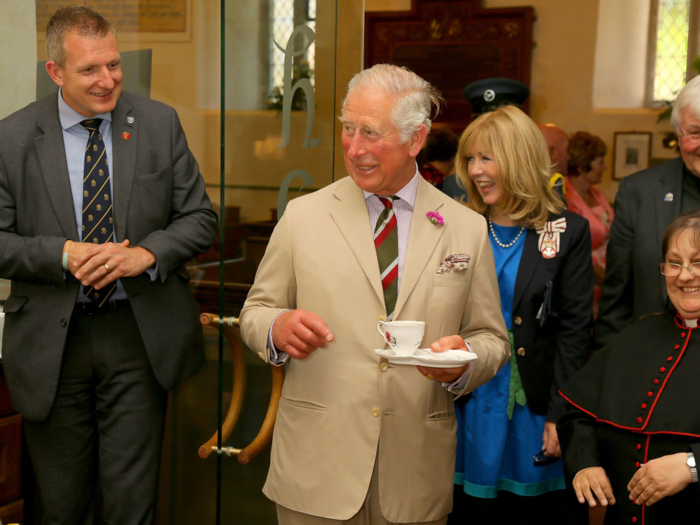
According to the report, the duchy brought Prince Charles a £21.7 million — or over $27 million — distributable surplus.
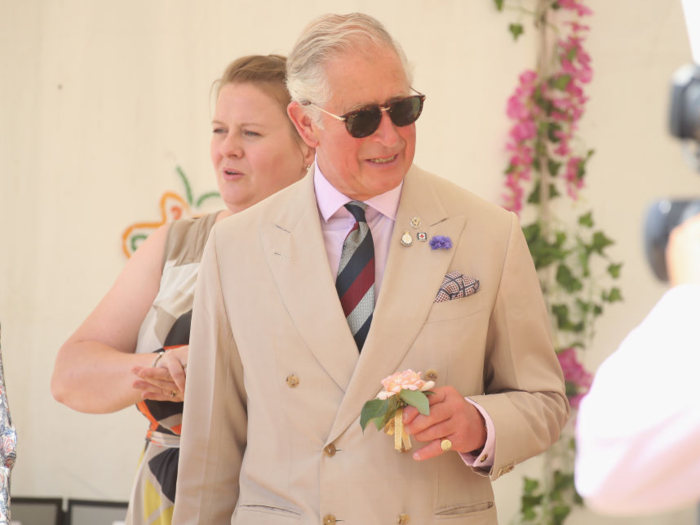
Source: Duchy of Cornwall: Annual Report
The duchy also comes with the perk of bona vacantia, meaning that the Duke of Cornwall's estate has a right to the unclaimed property of deceased Cornwall residents who die without a will.
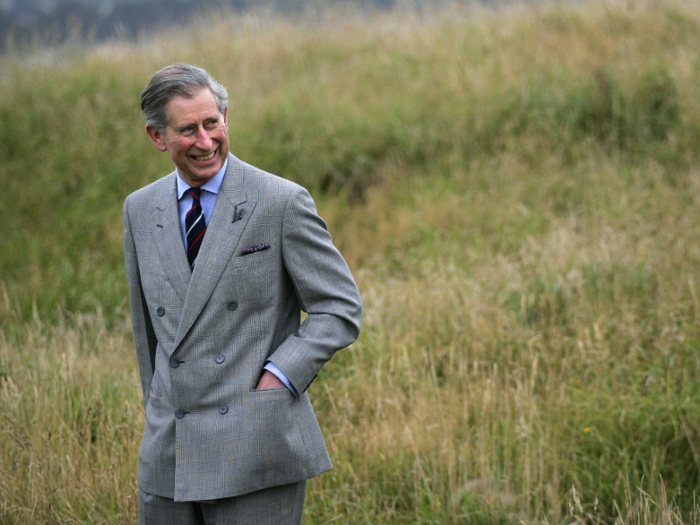
Source: The Telegraph
Elsewhere in Britain, such cases typically result in the property going to the British government. Between 2006 and 2012, £1 million — or $1.2 million — worth of such property went to the duchy.
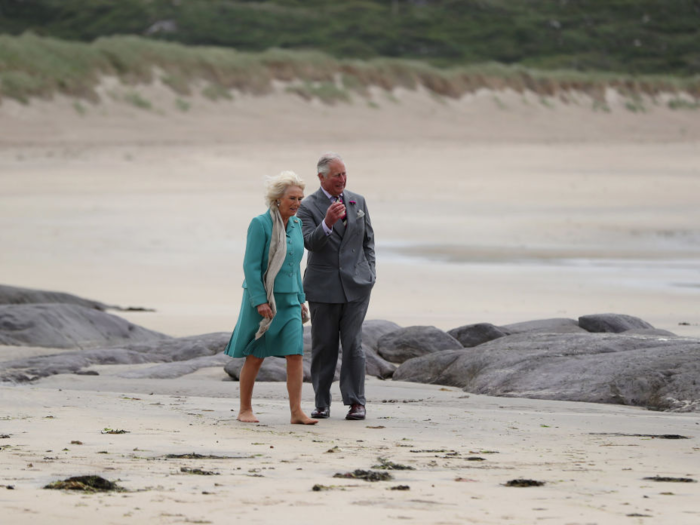
Source: The Telegraph
According to the Duchy of Cornwall's official website, all funds obtained through bona vacantia went to the The Duke of Cornwall’s Benevolent Fund, which the prince established in 1975.

Source: The Duchy of Cornwall
The duchy's site reported that, since 2011, the fund has "donated over £850,000" — or $1 million — to environmental, community, art, religious, and educational organizations.
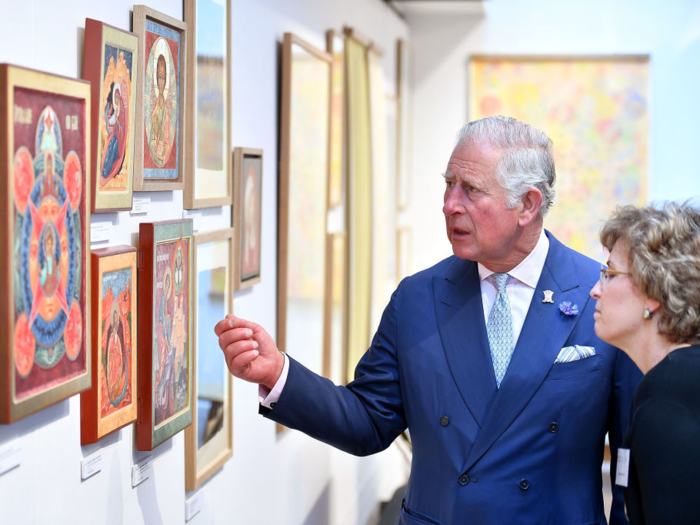
Source: The Duchy of Cornwall
... but the duchy itself isn't required to pay corporation and capital gains taxes. According to the Duchy of Cornwall's website, however, "the Duchy's capital gains have to be reinvested in the business and cannot be distributed."
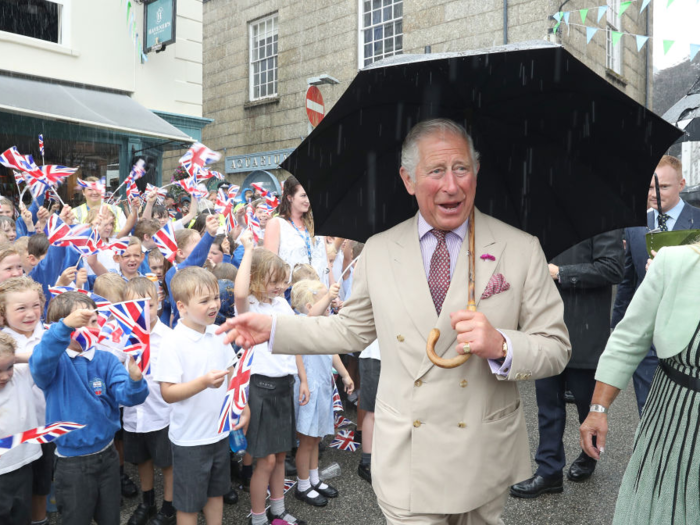
Source: The Duchy of Cornwall
Additionally, Prince Charles "has no access to the Duchy's capital value," according to the report.
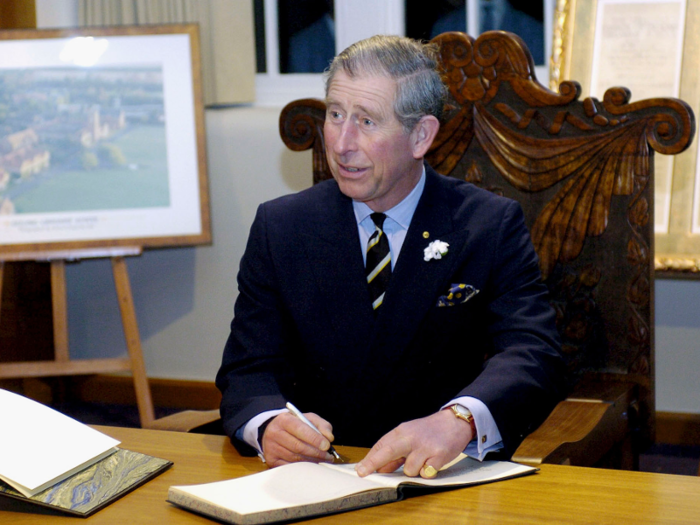
Source: Duchy of Cornwall: Annual Report
But the royal heir's finances haven't been without controversy. Like his mother, Prince Charles was caught up in the 2017 Paradise Papers leak, which shone a light on the offshore investments of the rich and powerful.
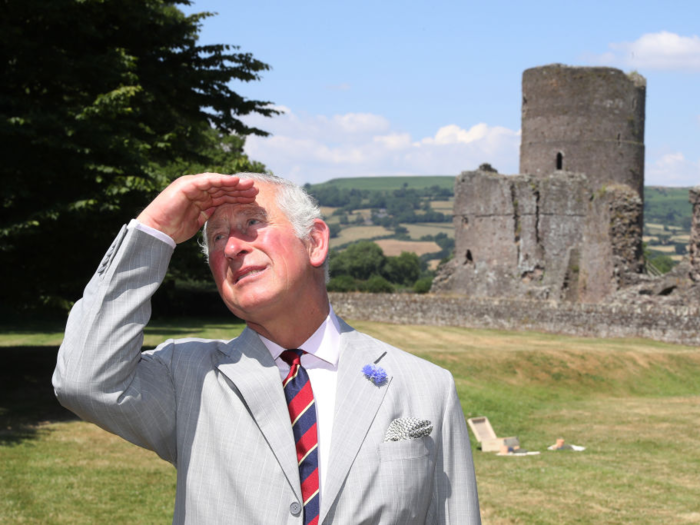
In 2007, the duchy secretly purchased shares worth $113,500 in the Bermuda-based Sustainable Forestry Management, which was then directed by the prince's friend and former Cambridge classmate Hugh van Cutsem.
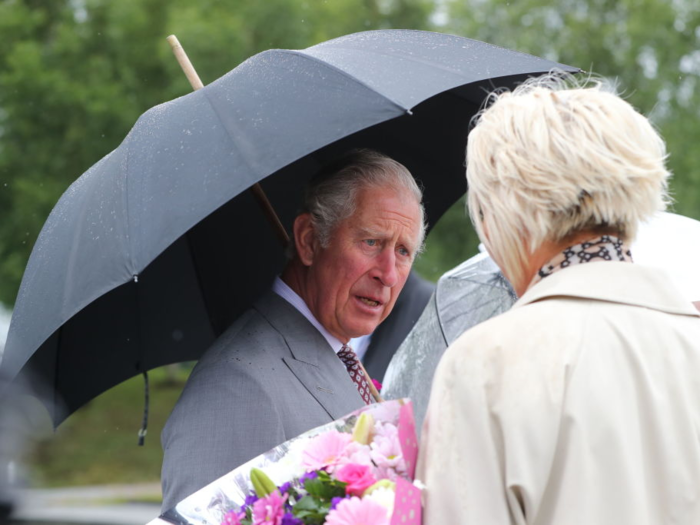
Prince Charles — who has long supported environmentalist causes — went on to lobby for changes to climate change rules that would have benefitted the Bermuda company, according to the International Consortium of Investigative Journalists. The duchy sold its share in the company for $325,000 in 2008.
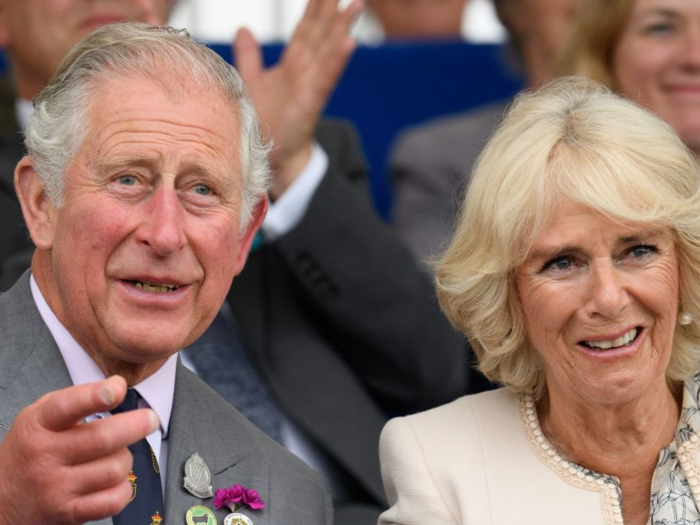
A duchy spokesperson told The Guardian that the estate's accounts are "independently audited" and that "the Prince of Wales does not have any direct involvement in the investment decisions taken by the duchy. These are the responsibility of the duchy's finance and audit committee."
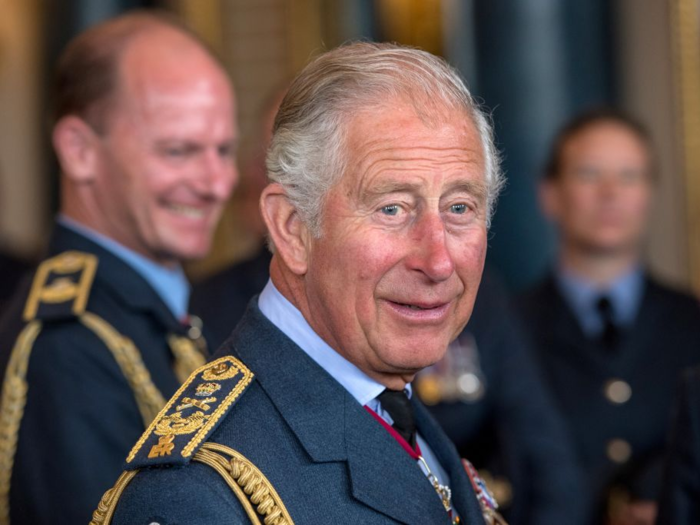
But the episode raised concerns about financial conflicts of interest. Sir Alistair Graham, the former chairman of the United Kingdom's Committee on Standards in Public Life, told the BBC, "There's a conflict of interest between his own investments of the Duchy of Cornwall and what he's trying to achieve publicly."
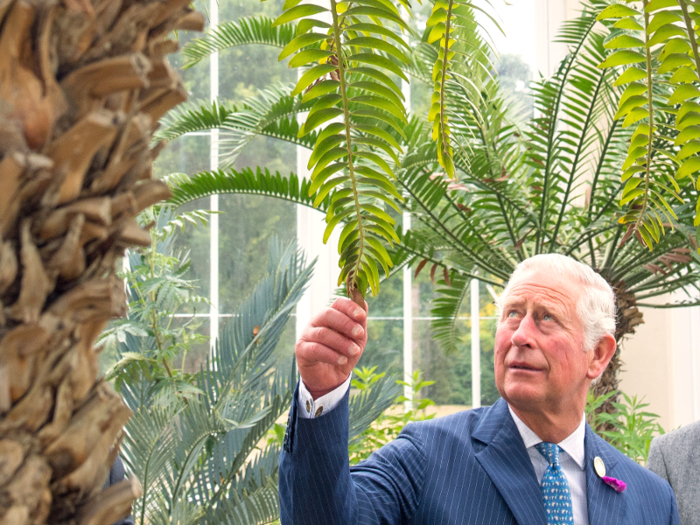
Beyond his connection with the Duchy of Cornwall, the Prince of Wales is also connected to a number of philanthropic efforts.
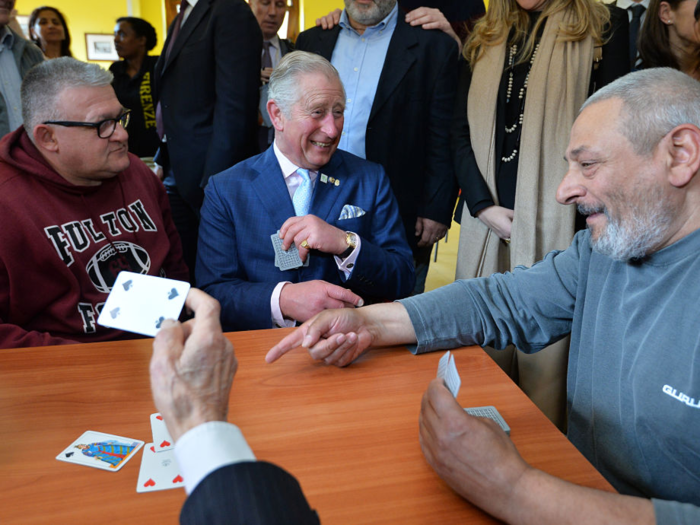
Founded in 1979, the Prince of Wales's Charitable Foundation is both a grant-giving organization and a project incubator, according to its official website.
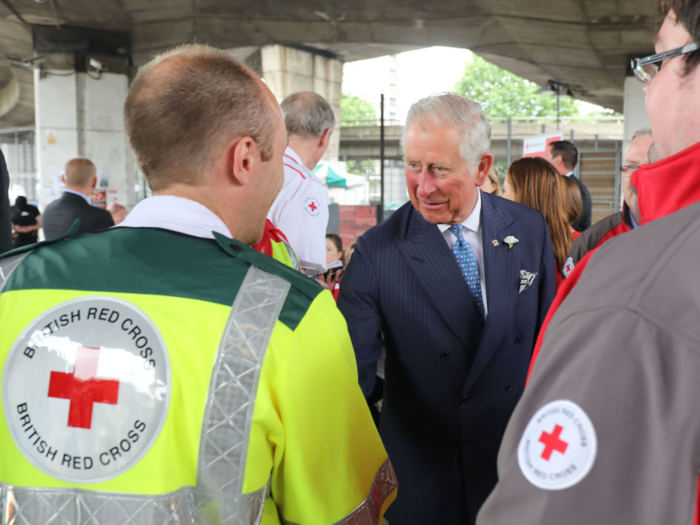
The Prince of Wales has long advocated for environmental conservation, architectural preservation, and alternative medicine. He's also the patron or president of 400 organizations.
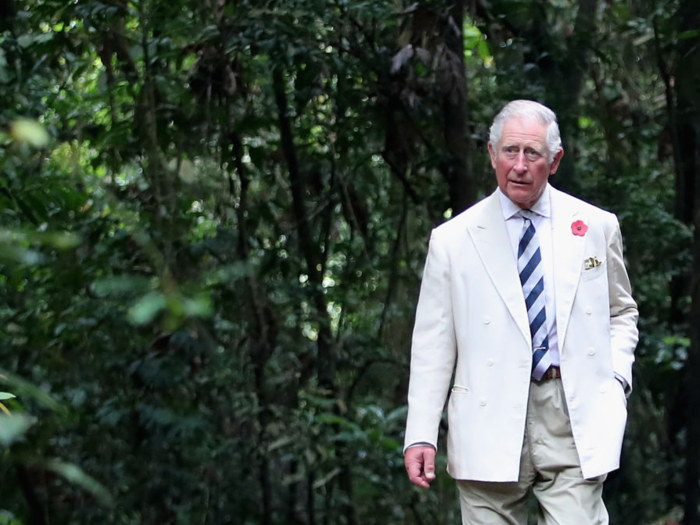
Source: The Prince of Wales, Time, The New York Times, The Guardian
Part of Prince Charles's Duchy of Cornwall revenue also goes to his immediate family. According to the duchy's 2018 financial report, "The money is used to cover personal and professional expenditure — including staff, charitable work and public duties — for The Prince of Wales and The Duchess of Cornwall, The Duke and Duchess of Cambridge, and The Duke and Duchess of Sussex."
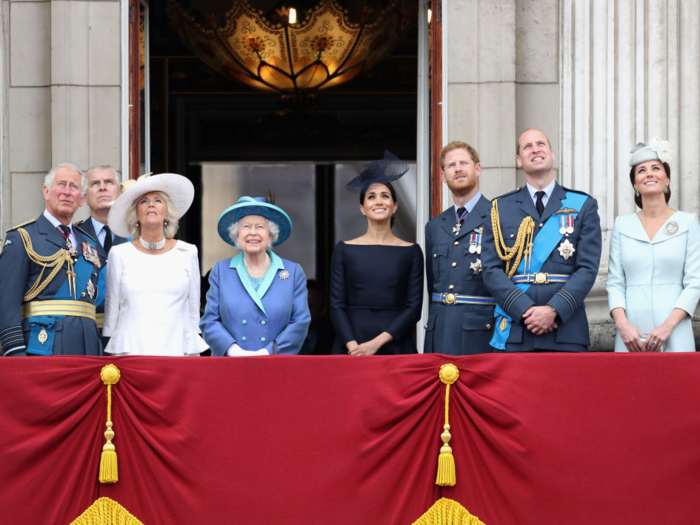
But Prince Charles's wife Camilla, Duchess of Cornwall, likely came into the relationship with some money of her own.
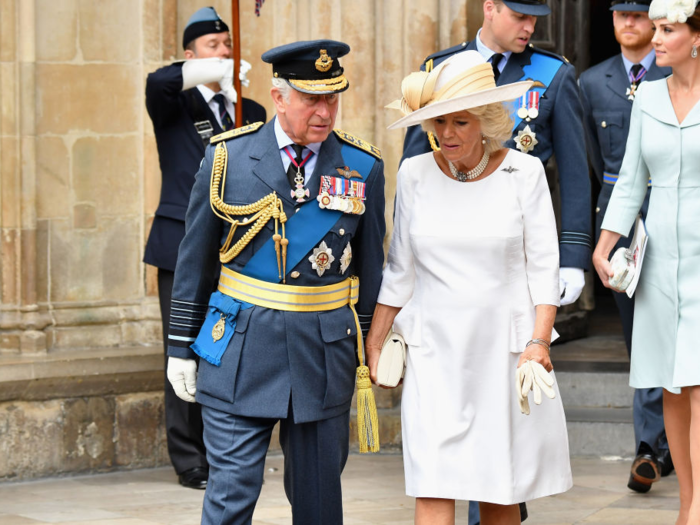
The duchess has a net worth of $5 million, according to Good Housekeeping.
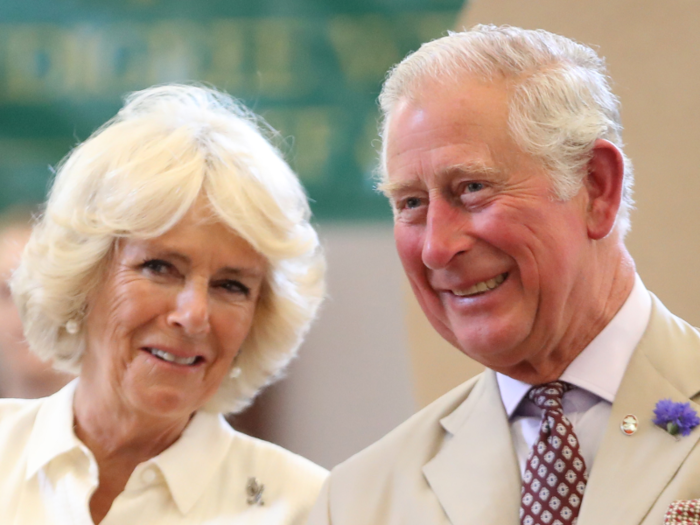
Source: Good Housekeeping
One of the family's biggest financial drains is reportedly travel expenses. In 2017, the Prince of Wales's trip across India, Malaysia, Brunei, and Singapore cost about $475,000, Town and Country reported.
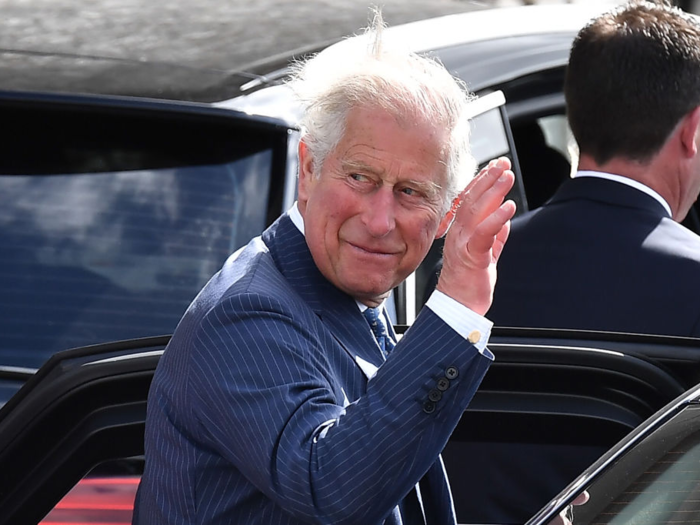
Source: Town and Country
Once Prince Charles inherits the throne, he will begin drawing his money from the Duchy of Lancaster...
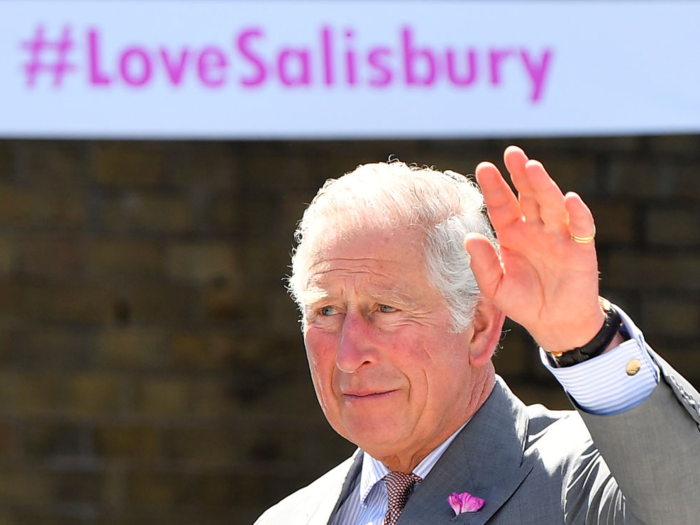
Source: Business Insider
But, as of now, despite the fact that absolute primogeniture now determines who will succeed to the British throne, the Duchy of Cornwall can currently only pass to the eldest son of the reigning monarch.
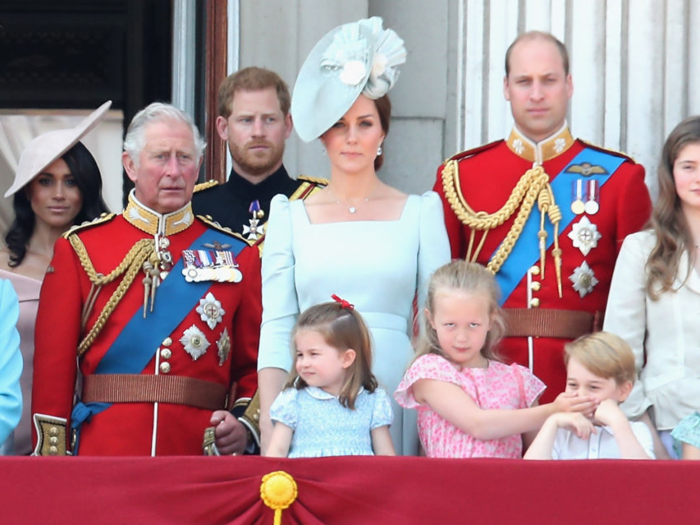
Source: The Duchy of Cornwall
According to the duchy's website, "When there is no male heir, the Duchy reverts to the Monarch, and the annual Sovereign Grant is reduced annually by the amount of the Duchy’s income."
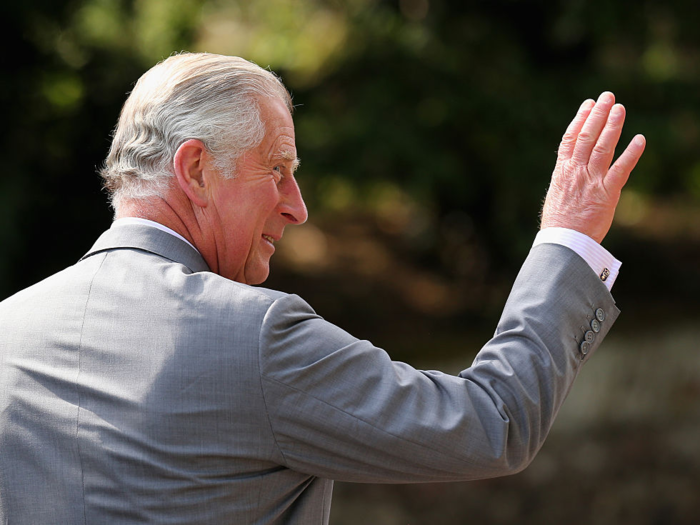
Source: The Duchy of Cornwall
Popular Right Now
Popular Keywords
Advertisement
